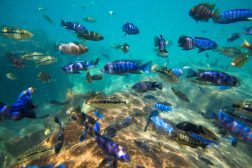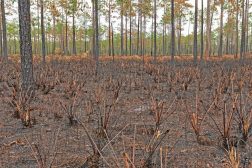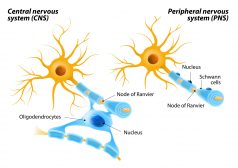Definition
adjective
(parasitology) Preferring or seeking a human host over another animal
Supplement
The term anthropophilic is used to describe parasites that prefer or seek human as host rather than other animals. Etymologically, the term comes from the combining words of Greek anthropos meaning human being and philos meaning fondness. Examples of usage of the term antrhopophilic are as follows:
- anthropophilic dermatophyte (or anthropophilic fungus)
- anthropophilic mosquitoes
- anthropophilic arthropods
- anthropophilic parasite
The term is used in contrast to parasites that prefer non-human hosts and are described as zoophilic (although the latter may have other meanings). For instance, an anthropophilic dermatophyte pertains to dermatophytic fungus that grows preferentially on humans. Anthropophilic dermatophytes include E. floccosum, M. audouinii, M. ferrugineum, T. concentricum, T. megninii, T. rubum, T. schoenleinii, T. tonsurans, and T. violaceum. These dermatophytes are anthropophilic and cause dermatophyte infection wherein some of them invade the hair of their human host. In contrast, M. canis” is a dermatophyte species that prefer dogs and is described as zoophilic.1
Word origin: Greek ánthrōpos (human being, man) + Latin –philus, Greek –philos (love, fondness)
See also:
- host
- parasite
- parasitism
Related term(s):
Mentioned in:
- Trichophyton schoenleinii
Reference(s):
1 Carter, G. & Cole, J.R. . (1990). Diagnostic Procedure in Veterinary Bacteriology and Mycology. Oxford: Elsevier Science.







